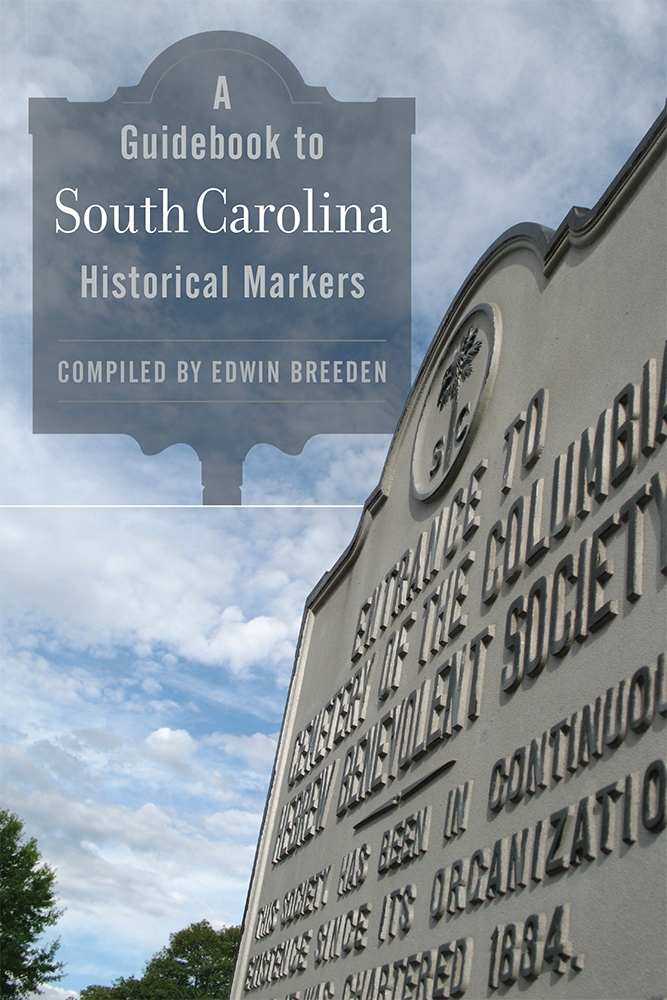The definitive guide to the Palmetto State's more than 1,700 historic roadside markers
The South Carolina Historical Marker Program, established in 1936, has approved the installation of more than 1,700 interpretive plaques, each highlighting how places both grand and unassuming have played important roles in the history of the Palmetto State. These roadside markers identify and interpret places valuable for understanding South Carolina's past, including sites of consequential events and buildings, structures, or other resources significant for their design or their association with institutions or individuals prominent in local, state, or national history.
This volume includes a concise history of the South Carolina Historical Marker Program and an overview of the marker application process. For those interested in specific historic periods or themes, the volume features condensed lists of markers associated with broader topics such as the American Revolution, African American history, women's history, the Civil War, and Reconstruction.
While the program is administered by the South Carolina Department of Archives and History, most markers are proposed by local organizations that serve as a marker's official sponsor, paying its cost and assuming responsibility for its upkeep. In that sense, this inventory is a record not just of places and subjects that the state has deemed worthy of acknowledgment, but of those that South Carolinians themselves have worked to enshrine.
Edwin C. Breeden is the South Carolina Historical Marker Program coordinator and historian for the National Register of Historic Places for the South Carolina Department of Archives and History. He earned a Ph.D. in history from Rice University in Houston, Texas.
Winner of the 2022 Bobby Gilmer Moss Award from the South Carolina Daughters of the American Revolution
